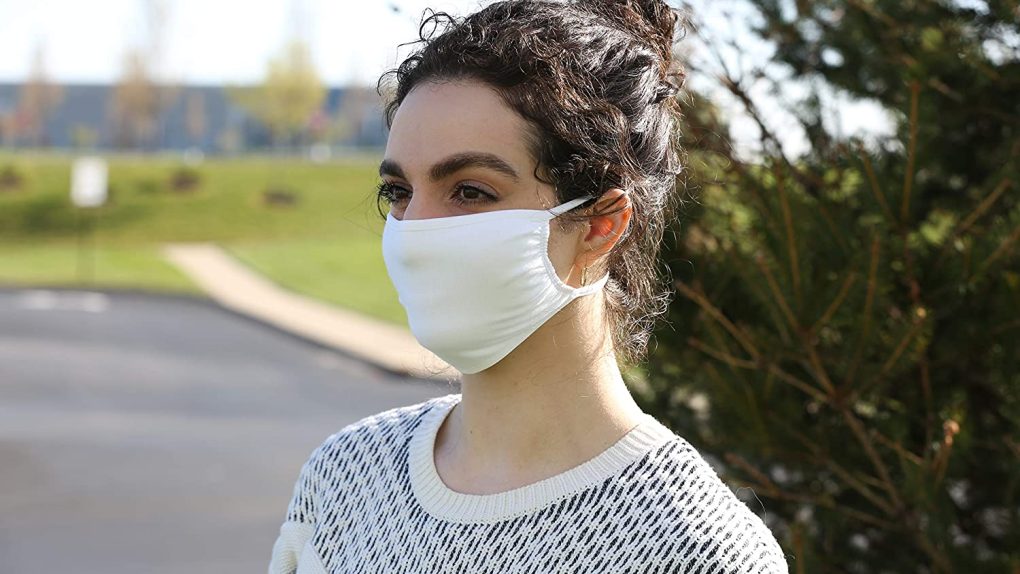- Younger adults below the age of 35 are starting to contract the coronavirus at an alarming rate.
- Doctors are finding that younger patients don’t present with a fever as a primary symptom as often as adult patients.
- Recent coronavirus vaccine trials have been promising, and Dr. Anthony Fauci believes a vaccine may arrive in late 2020 at the earliest.
With more young people contracting the coronavirus than ever before, doctors are starting to notice that younger patients tend to present with slightly different symptoms than adults. Whereas a fever has long been the symptom most associated with the coronavirus, younger adults below the age of 35 are more likely to exhibit symptoms like abdominal pain and headaches.
“The spectrum of symptoms continues to expand and so younger people often do come in now somewhat to our surprise without fever, and this abdominal pain seems to affect them a little bit more,” said Dr. William Schaffner, a doctor who also works as an Infectious Disease professor at Vanderbilt University.
Other COVID-19 symptoms doctors are seeing in greater frequency with younger adults include severe migraine headaches, nausea, and diarrhea.
The fact that we’re seeing slightly different coronavirus symptoms arise is par for the course for a virus that has perplexed doctors and researchers for months. Recall that the virus was around for a full month before doctors started to notice that a loss of smell and taste was associated with the coronavirus.
As it stands now, the Centers for Disease Control and Prevention (CDC) lists the following COVID-19 symptoms individuals should look out for:
- Fever or chills
- Cough
- Shortness of breath or difficulty breathing
- Fatigue
- Muscle or body aches
- Headache
- New loss of taste or smell
- Sore throat
- Congestion or runny nose
- Nausea or vomiting
- Diarrhea
The CDC notes that these symptoms tend to appear approximately 2-14 days after initial exposure to the virus.
As for individuals above the age of 34, the most common symptoms remain cough, fever, shortness of breath, fatigue, and confusion. It’s also worth noting that coronavirus patients who tend to exhibit the most severe symptoms tend to have an underlying comorbidity such as chronic cardiac disease, diabetes, or chronic pulmonary disease. Incidentally, there have been studies which have found that smokers are more than 14% likely to end up with severe coronavirus symptoms than non-smokers.
Meanwhile, the race to develop a coronavirus vaccine remains ongoing. Though nothing is a guarantee, Dr. Anthony Fauci has said that an effective vaccine may arrive as early as late 2020. To that point, Moderna’s Phase 1 trial of its potential coronavirus vaccine found that all 45 volunteers who took the vaccine developed coronavirus antibodies. What’s more, none of the volunteers exhibited severe side effects. A more comprehensive trial involving 30,000 Americans is slated to begin later this month.








